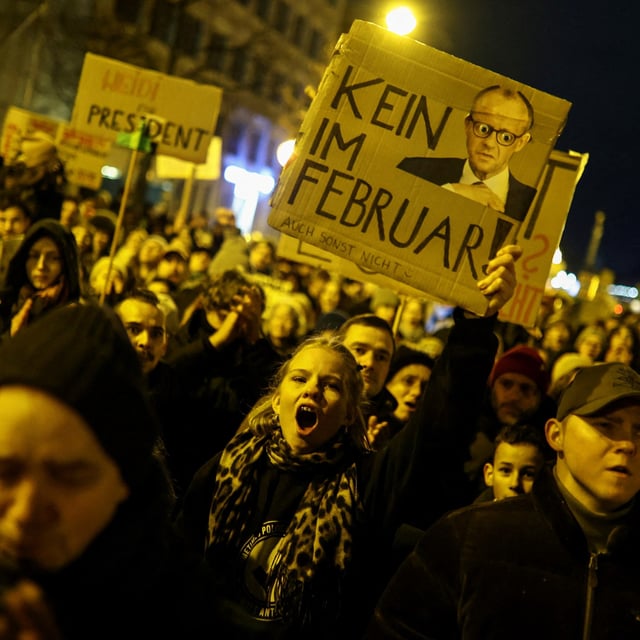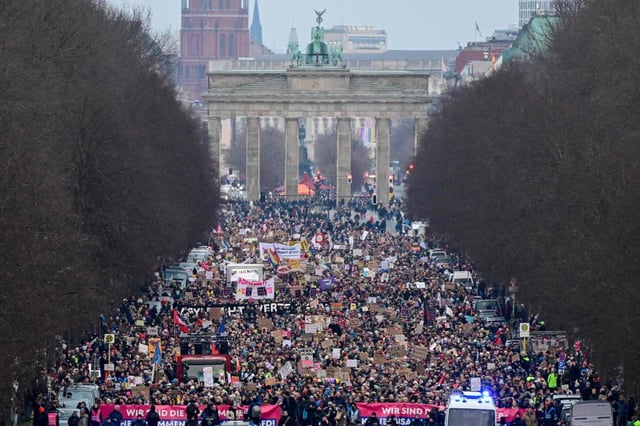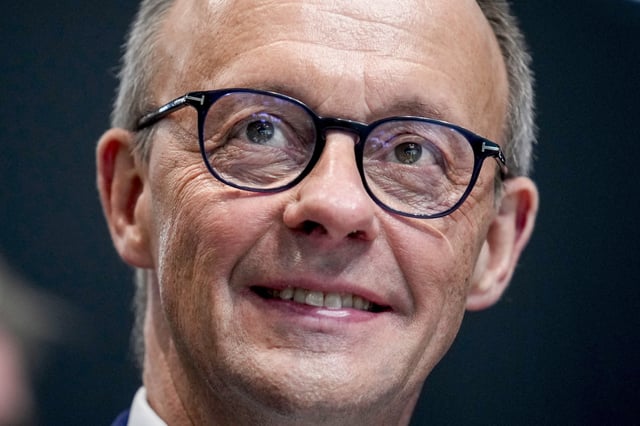Overview
- The far-right Alternative for Germany (AfD) is projected to achieve its strongest electoral performance yet, polling at 21% and likely securing second place behind the Christian Democratic Union (CDU).
- CDU leader Friedrich Merz faced backlash after a failed attempt to tighten migration laws, which relied on AfD votes, breaking a postwar tradition of non-cooperation with the far right.
- The AfD’s growing influence is tied to voter dissatisfaction with mainstream parties over issues such as migration, the cost of living, and the war in Ukraine.
- Tech billionaire Elon Musk has controversially supported the AfD, urging Germans to move beyond Nazi-era guilt and promoting nationalist rhetoric during the campaign.
- Analysts warn that the political fragmentation and normalization of the AfD could destabilize Germany’s democracy and have broader implications for Europe.


